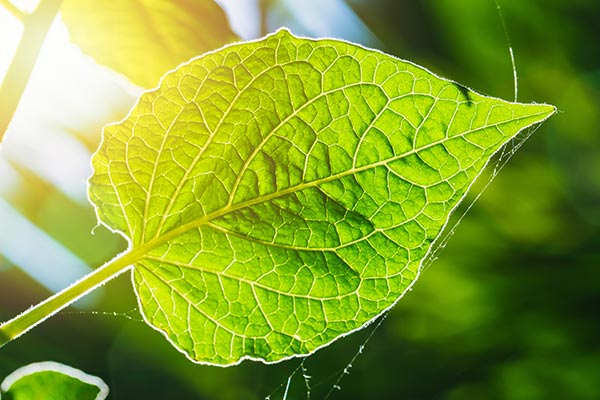
Advertisement
Researchers from the US and China have developed new ways of harvesting and storing renewable energy through artificial photosynthesis. In their study, they described how synthesizing a new, dual-form catalyst can serve as the platform for artificial photosynthesis — a concept that generates much interest, given how plants can convert energy more efficiently. The current study builds on earlier work that explored solar energy conversion in plants to improve the quality of solar cells.
The team used an iridium catalyst with two active metal centers to imitate the process by which plants generate oxygen. This development, according to the team, meant that the catalyst was a well-defined structure and can be used for further studies on solar fuel synthesis.
“Our research concerns the technology for direct solar energy storage. It addresses the critical challenge that solar energy is intermittent,” explains corresponding author Duwei Wang of Boston College. “It does so by directly harvesting solar energy and storing the energy in chemical bonds, similar to how photosynthesis is performed but with higher efficiencies and lower cost.”
In their study, Wang and his team reported that using an iridium catalyst served as an effective platform for artificial photosynthesis, given its stability and its high activity when it comes to water oxidation. In particular, they focused on catalysts, or substances that increase the rate of chemical reactions, given its importance in generating renewable energy. (Related: Physics breakthrough can use sunlight to directly transform CO2 into clean fuels like methane, without using fossil fuels.)
Currently, researchers have been developing a heterogeneous catalyst for artificial photosynthesis, which they can use in large-scale operations. But a significant challenge in their work is that the atomic structure of heterogeneous catalysts has a poor definition, which makes evaluating mechanisms on a molecular level difficult — hampering their ability to imitate photosynthesis to harness and store energy. With newer technology, researchers have developed better platforms to understand complex reactions in more than one active site — like photosynthesis.
Looking for a durable heterogeneous catalyst for water oxidation is also a challenging consideration, especially when it comes to artificial photosynthesis. Given its crucial role, a catalyst dictates the success of the process. While earlier works have found a homogeneous catalyst for the function, the issues always lay in its durability. In a statement to Science Daily, Wang explains that the findings are promising, given that their work on heterogeneous catalysts can potentially be used in “clean” energy production and storage.
Wang and his team determined the structure of the iridium catalyst using the Advanced Light Source at the Lawrence Berkeley National Laboratory and conducted the study using the X-ray Absorption Near Edge Structure and the X-ray absorption fine structure.
“This will enable us to deepen our understanding of catalytic reactions and develop more robust and efficient catalysts,” adds co-first author Ke Yang, a Yale postdoctoral associate. “In this study, for example, we demonstrated that catalysts with dual iridium atoms work much better than single-atom iridium to split water. We were able to make full use of every iridium atom.”
Aside from Wang, Victor Batista and Gary Brudvig of Yale University serve as corresponding authors, and Yanyan Zhao of Boston College is a co-author of the study. The study appeared in the Proceedings of the National Academy of Sciences.
NewEnergyReport.com has more stories about breakthroughs in clean energy storage.
Sources include:
Advertisement
Advertisements
















